When Does Life Begin?
on February 1, 2024The Creation Museum boasts a powerful pro-life exhibit, Fearfully & Wonderfully Made. This exhibit features lifelike baby models, stunning special effects, and detailed biblical and scientific teaching that will have you marveling over how God knit each of us together in our mothers’ wombs. It also answers important questions such as, “When does life begin?”
This question lies at the heart of some highly contentious issues in our world today. But, from a medical standpoint, there’s only one logical answer: life begins at fertilization, when the chromosomes from the sperm and the egg combine, forming a genetically unique individual.
This was traditionally called the moment of conception, but in the past few decades, conception has often been redefined to refer to the processes from fertilization through implantation of the embryo in the womb.
Our medical knowledge of this process has caused the debate to shift from “When does life begin?” to “When does personhood begin?” or “When do the unborn feel pain?” But these questions avoid the real issue.
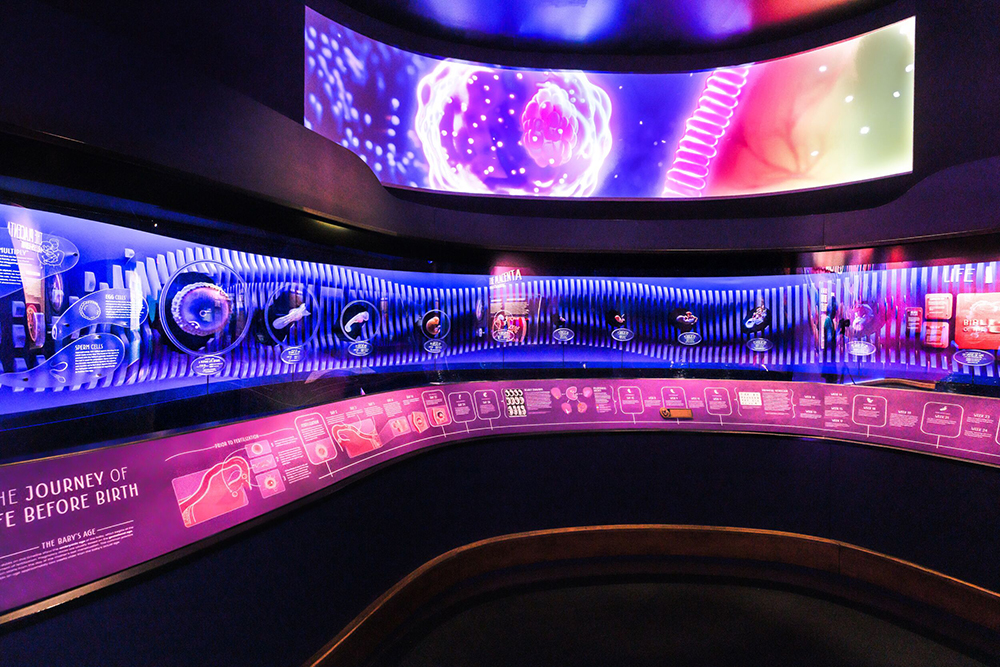
Whether one refers to the unborn as an embryo, fetus, or baby, we learn from God’s Word that a human being made in the image of God is growing and developing within the mother from the moment of fertilization.
Worldview Impact on the Unborn
A person’s position on origins and reality shapes how they view human life.
Evolutionary Worldview
From a naturalistic evolutionary perspective, morality is arbitrary, and human beings have no more inherent value than an animal, a blade of grass, a rock, or anything else. Thus, ending human life via abortion or euthanasia carries no moral implications and is consistent with the evolutionary philosophy built on death and suffering.
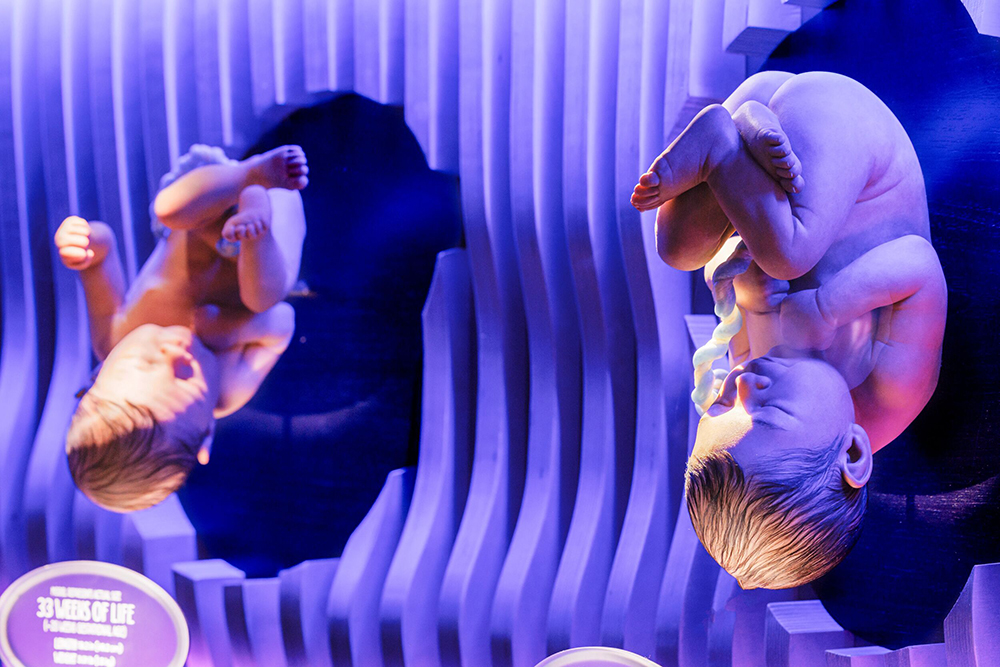
Biblical Worldview
Since the Bible states that all people are made in the image of God, all human life, from fertilization until death, has unlimited value. Thus, the termination of human life through abortion and euthanasia are antithetical to the biblical worldview.
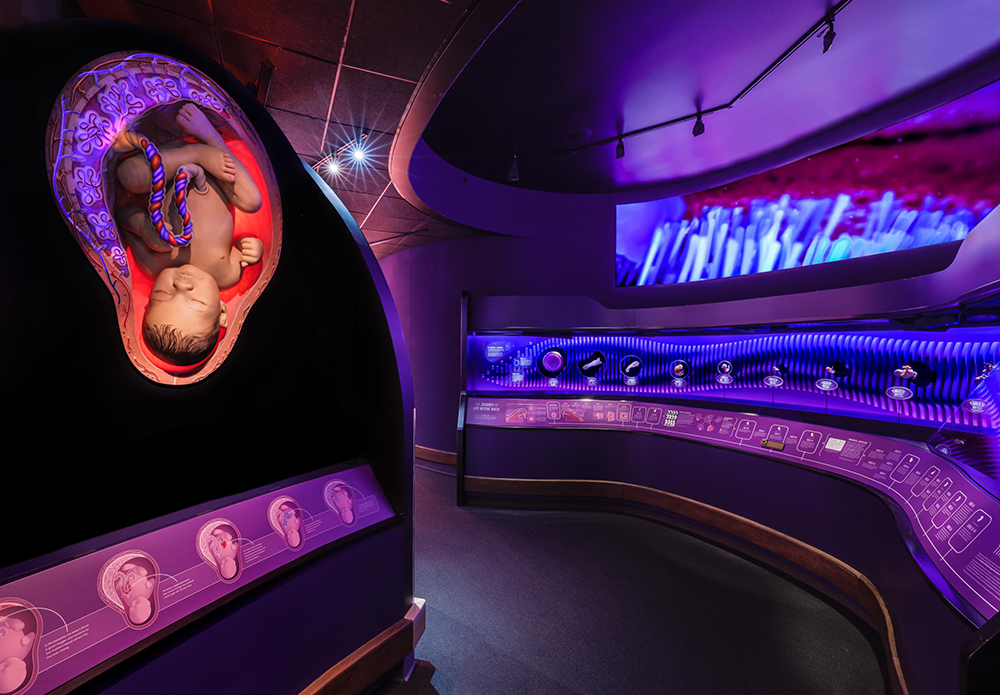
Can God Still Love Me?
This question has been asked countless times by people who have struggled to come to grips with their past. The truth is that all have sinned and fallen short of the glory of God (Romans 3:23). Humans have rebelled against our perfectly holy God in every way imaginable—theft, rape, murder, etc., and we deserve to be judged for our sins.
Other than Jesus, our biblical heroes were flawed individuals. Moses, David, and Paul wrote huge sections of the Bible, yet they either murdered people or condemned innocent people to death. Jacob deceived people, Rahab lived as a prostitute, and Peter denied Jesus three times. But all these people found God’s love, grace, and forgiveness.
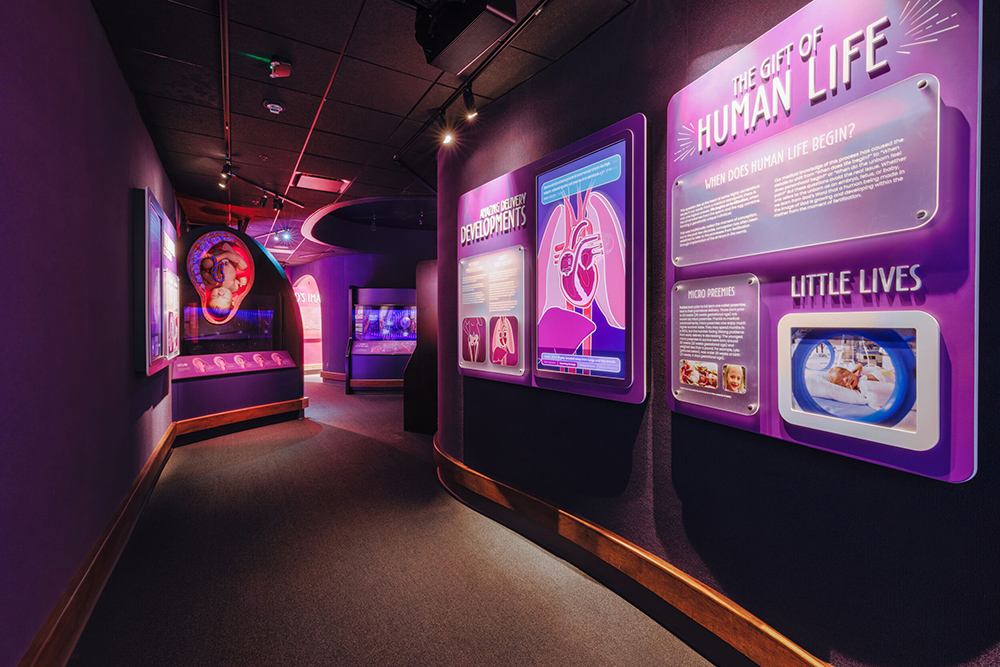
It is difficult to understand why God would be willing to forgive people who have done terrible things. However, this notion overlooks the fact that every sin is a crime against our Creator, and it fails to account for his amazing love for humanity.
God loves his creation, and he has provided the means for us to be forgiven. Jesus Christ, the Son of God, died in our place on the cross, paying the penalty for our sins. Then he demonstrated his power over death when he rose from the dead. Forgiveness of sins and eternal life are promised to whoever believes in him (John 3:15–18; Acts 10:43).
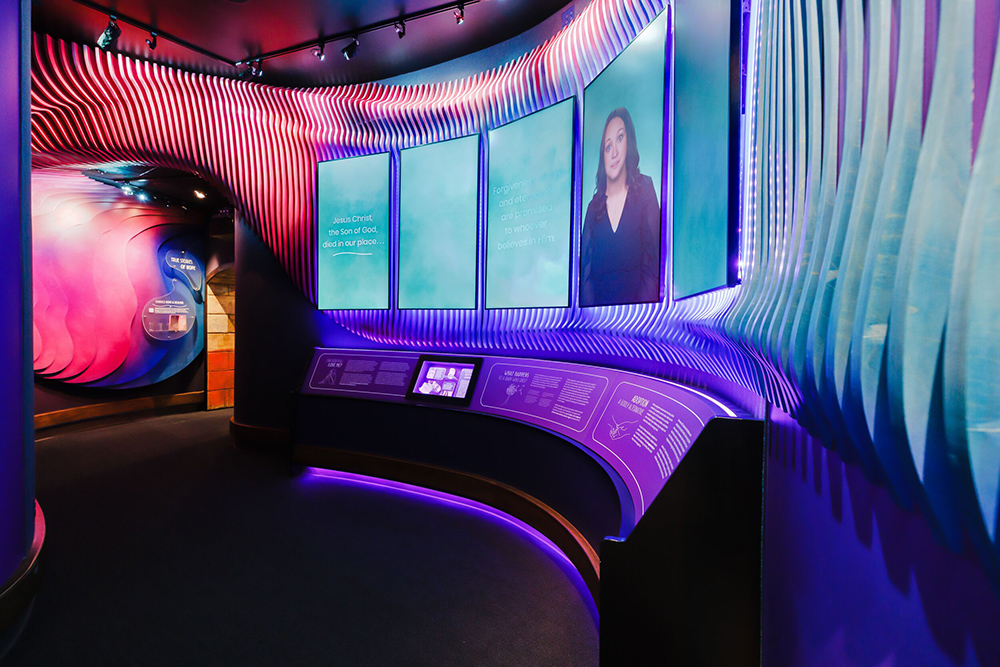
Start planning your trip to the Creation Museum today, and be sure to visit the Fearfully & Wonderfully Made exhibit to get equipped with biblical answers about the sanctity of life.